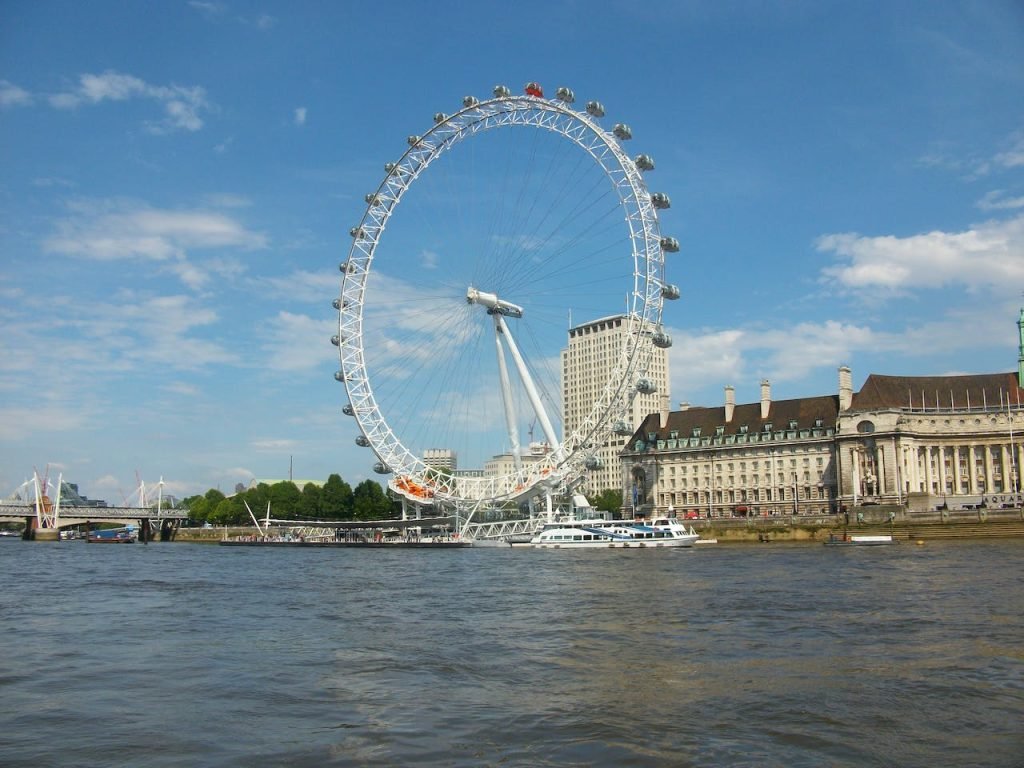

Mastering the Art of Weather Talk in English: A Comprehensive Guide | Learn English A1
Table of Contents
ToggleIntroduction
Discussing the weather is a universal aspect of human interaction, transcending cultures and geographies. In English, weather-related conversations are not just a way to break the ice but also a means to connect with others on a basic, everyday level. This article aims to guide learners and non-native speakers through the nuances of talking about the weather in English, encompassing essential vocabulary, phrases, and cultural insights.
1. Understanding Basic Weather Vocabulary
Before diving into conversations, it’s crucial to familiarize oneself with basic weather terminology. Terms like ‘sunny’, ‘cloudy’, ‘rainy’, ‘windy’, ‘snowy’, and ‘foggy’ describe general weather conditions. Temperature-related words include ‘hot’, ‘warm’, ‘cool’, ‘cold’, ‘freezing’, and ‘mild’. Grasping these basics forms the foundation of weather-related discussions.
2. Starting a Weather Conversation
Weather conversations often start with general observations or questions. Common conversation starters include:
- “Beautiful day, isn’t it?”
- “How about this weather?”
- “Do you think it will rain today?” These openers are particularly useful in casual or social settings, allowing speakers to engage in light, non-controversial conversation.
3. Describing the Weather
Being able to describe the weather involves more than just stating the obvious. It can include personal feelings or the impact of the weather on plans. For example:
- “It’s surprisingly warm for October.”
- “This rain is really coming down hard. I had to cancel my outdoor plans.” Such descriptions offer more depth to the conversation and invite further discussion.
4. Discussing Weather Forecasts
Talking about weather forecasts is a common aspect of weather conversations, especially when planning activities. Phrases like “The forecast says it’ll clear up by the afternoon” or “They’re predicting a cold front next week” are useful. Discussing forecasts can lead to more detailed conversations about plans, preferences, or past experiences with unexpected weather changes.
5. Cultural Aspects of Weather Talk
In English-speaking cultures, discussing the weather is often more about social interaction than a deep interest in meteorological conditions. It’s a neutral and safe topic, used to fill silences or segue into other subjects. Understanding this cultural context helps in appreciating why weather talk is prevalent and how it functions in different social settings.
6. Advanced Weather Vocabulary and Expressions
For those looking to enhance their weather vocabulary, phrases like “It’s a scorcher” (very hot day) or “It’s nippy” (a bit cold) add a colloquial touch. Describing extreme conditions, like a “blizzard” (a severe snowstorm) or a “heatwave” (a prolonged period of excessively hot weather), can also be useful.
7. Practice and Application
The best way to become comfortable with weather-related English is through practice. Engage in small talk about the weather with friends, colleagues, or even during language exchange meetups. Watching English-language weather forecasts and reading weather reports can also boost understanding and vocabulary.
Conclusion
Talking about the weather in English is an excellent starting point for learners and non-native speakers to engage in everyday conversation. By mastering basic vocabulary, understanding cultural nuances, and practicing regularly, anyone can become proficient in this common but important aspect of English communication. Whether it’s a sunny day or a rainy evening, there’s always something to say about the weather!
FAQs
- Why is talking about the weather common in English conversations?
- Discussing the weather is a culturally accepted way to engage in light, non-controversial conversation. It serves as an icebreaker and a means to fill in silences or segue into other topics.
- What are some basic weather-related terms I should know?
- Terms describing general conditions like ‘sunny’, ‘cloudy’, ‘rainy’, ‘windy’, ‘snowy’, and ‘foggy’, as well as temperature-related words like ‘hot’, ‘warm’, ‘cool’, ‘cold’, ‘freezing’, and ‘mild’, are essential.
- How can I start a weather conversation in English?
- Use general observations or questions like “Beautiful day, isn’t it?” or “Do you think it will rain today?” These are great for initiating small talk.
- What are some advanced weather expressions?
- Colloquial expressions like “It’s a scorcher” (very hot day) or “It’s nippy” (a bit cold), and terms for extreme conditions like “blizzard” (a severe snowstorm) or “heatwave” (a prolonged period of excessively hot weather) are useful for more advanced speakers.
- Can discussing the weather lead to deeper conversations?
- Yes, talking about the weather can lead to discussions about personal preferences, plans, past experiences, or transition into other topics.
- Is it important to talk about personal feelings when discussing the weather?
- Including personal feelings or the impact of weather on your plans can add depth to the conversation and encourage further discussion.
- How can I practice talking about the weather in English?
- Practice by engaging in small talk with friends or colleagues, attending language exchange meetups, and by watching English-language weather forecasts and reading weather reports.
- Are there any cultural aspects of weather talk I should be aware of?
- In English-speaking cultures, weather talk is often a social tool rather than a deep interest in meteorology. It’s used as a neutral topic for social interaction.
- How can I describe the weather more vividly?
- Use descriptive adjectives and phrases, and talk about the effects of the weather on your surroundings or activities, like “The rain is pounding against the windows” or “The breeze is so refreshing today”.
- Is it okay to use weather talk in professional settings?
- Yes, discussing the weather is acceptable in professional settings as it is a safe and neutral topic, suitable for starting conversations or filling short pauses.
If you want to learn English, you can register for classes here. We look forward to hearing from you and helping you become fluent in English!
If you want to learn Norwegian, you can register for classes here. We look forward to hearing from you and helping you become fluent in Norwegian.





